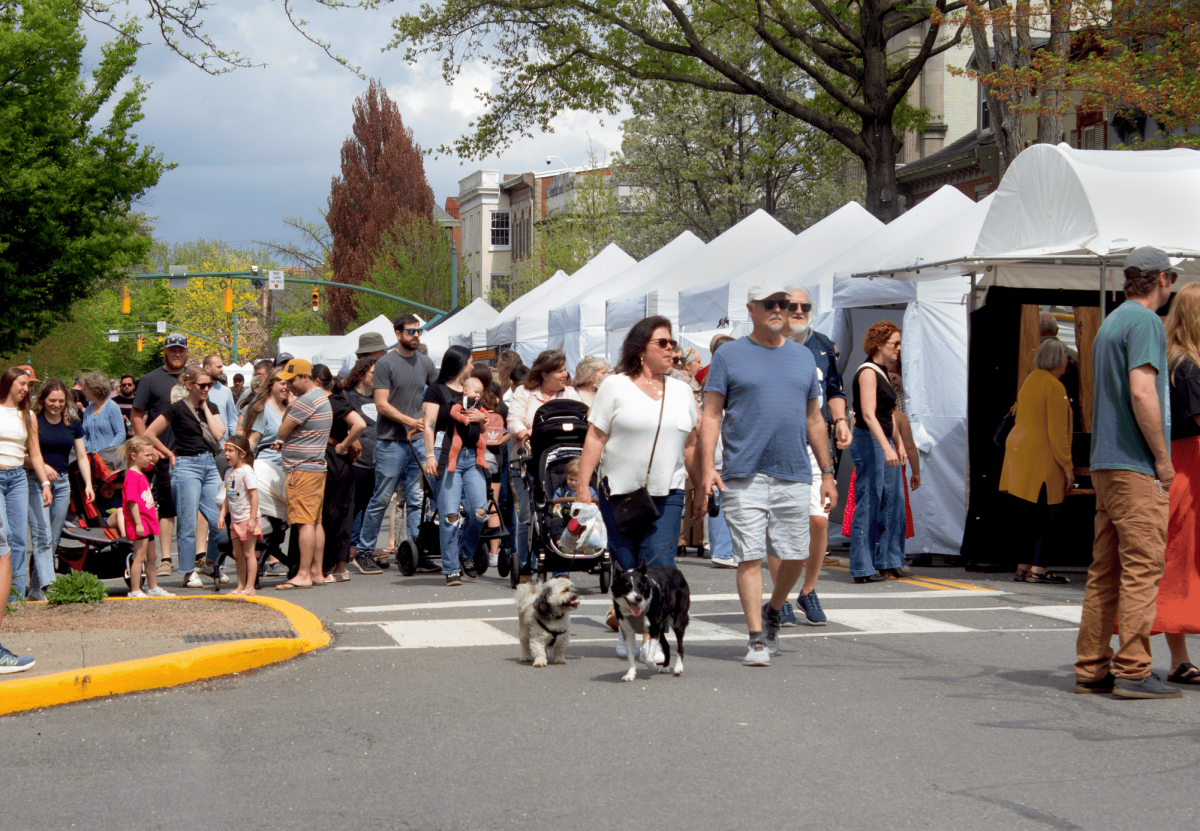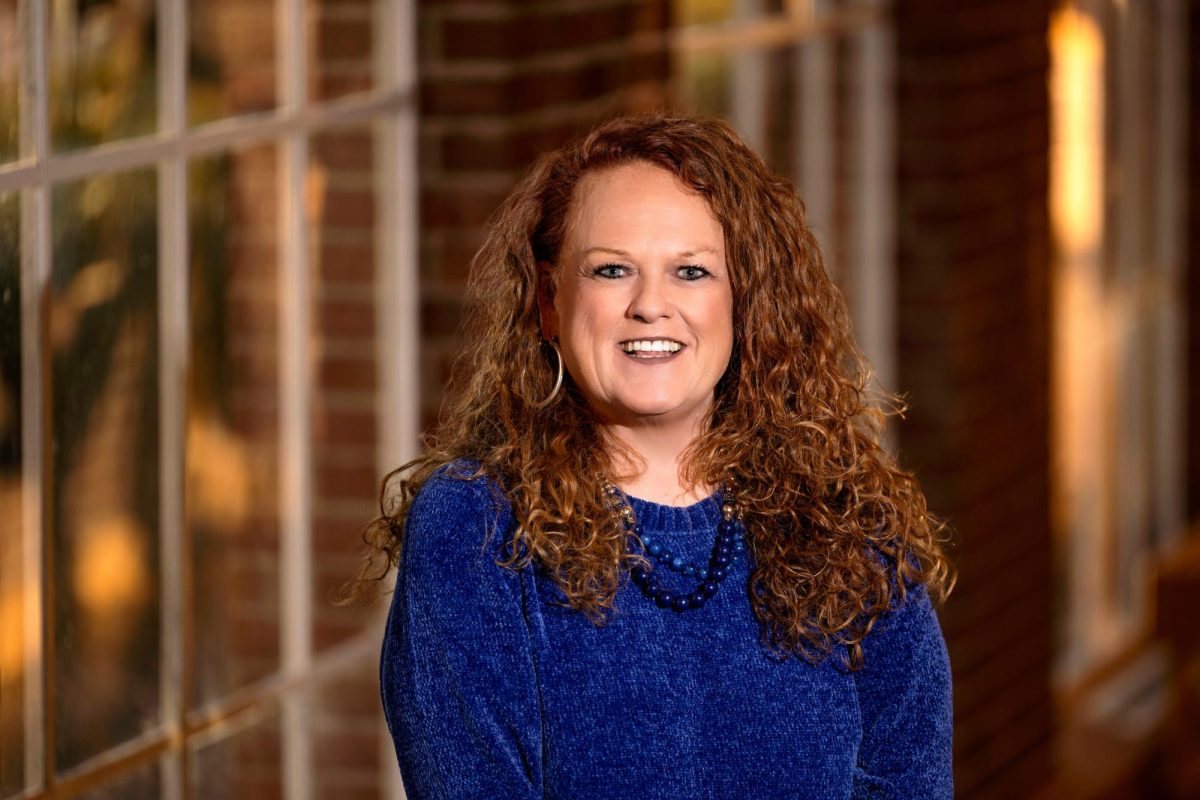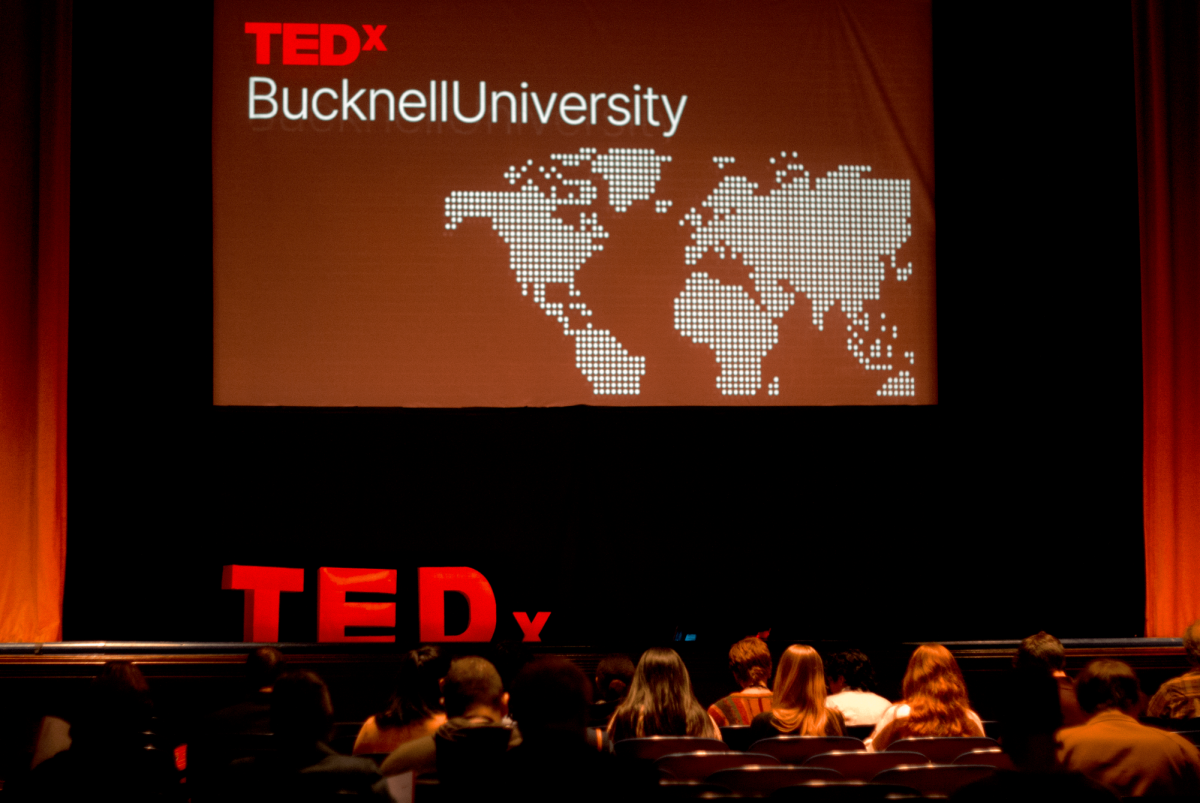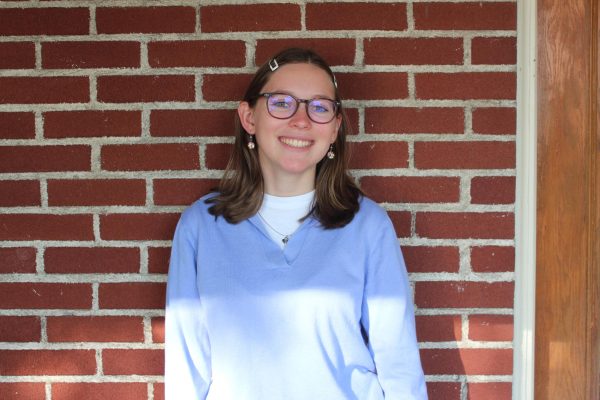As a result of efforts from Bucknell Student Government (BSG), the commencement program for the Class of 2025 will be translated from English into six other languages. BSG has committed to funding this initiative in perpetuity, ensuring that the families of future graduates continue to be able to take part in the milestone celebration.
This year, the program will be translated into Spanish, Vietnamese, Chinese, Dari, Turkish and Arabic, which reflect some of the most common language backgrounds of Bucknell students’ families. As of now, the portion of the commencement program that will be translated is the Order of Ceremony, which includes the event schedule, speakers, musical performances and other key ceremonial moments.
Class of 2025 BSG President Gabby Segura-Suarez proposed and organized the translation initiative and sees it as a critical step toward making Bucknell more inclusive and welcoming.
“For diverse families and friends, these translations communicate that they belong and are valued members of the Bucknell community,” Segura-Suarez stated. “It means parents and grandparents who may have made tremendous sacrifices for their student’s education can fully participate in celebrating that achievement. It means international families who travel great distances can follow along with the ceremony that honors their loved one’s accomplishments. Beyond the practical benefits, it sends a powerful message about Bucknell’s commitment to diversity and inclusion. It acknowledges that our community extends beyond campus and includes the global families who support our students.”
Segura-Suarez began thinking about offering a multilingual program based on her own experience, telling The Bucknellian:
“The idea came from my personal experience as the daughter of immigrants from Colombia. English is my parents’ second language, and over the years I noticed that they couldn’t fully engage with important events at Bucknell— and I wanted them to be able to. During my junior year, I began thinking more deeply about how many other families might be experiencing the same thing. I also spoke with students from a wide range of backgrounds, and many shared similar concerns. They expressed how much more included their families would feel if language weren’t a barrier.”
After seeing that other students shared the experience of cultural and language barriers at campus events that made families feel “left out or disconnected during major celebrations,” Segura-Suarez felt a responsibility to act.
She began seeking support for her idea during the last school year but was initially denied because of concerns about translations in the printed program, which would make it over 20 pages long.
But, this year, Segura-Suarez was able to meet with Erin Paschal, Associate Dean of Students for Campus Activities and Programs, and Moe McGuinness, Dean of Students, who both brainstormed with her about how to make translations possible. In this meeting, they came up with an idea to use a QR code, displayed on the screens at commencement, which would allow families to access translated programs on their devices during the ceremony.
With an idea set, Segura-Suarez worked closely with the Offices of Events Management and of Global & Off-Campus Education for support with the translation itself. She also collaborated with the Office of Diversity & Inclusion, the Registrar’s Office and the Commencement Planning Committee throughout the process.
Segura-Suarez noted that the student government representatives from the Class of 2025 were “key to moving the project forward.” When Segura-Suarez presented a formal resolution to the BSG Congress, it received strong support.
That support was so strong, in fact, that BSG agreed to continue to pay for translation of the commencement program in years going forward. Segura-Suarez said that decision was “incredibly meaningful,” going on to say that “this permanence reflects the importance of inclusion at Bucknell and shows that student government truly values creating an equitable experience for all community members. I feel proud that our class identified a simple yet meaningful way to make commencement more accessible, and that future classes won’t have to advocate for this basic form of inclusion— it will simply be there for them. My hope for the future is that students—both within and outside of BSG—will continue to build on this initiative.”
Segura-Suarez sees this project as just the beginning, stating that there will “always be more room for growth and new ideas to make Bucknell a more inclusive and welcoming space.”

























